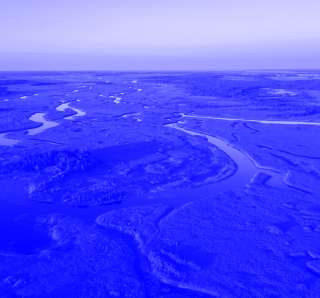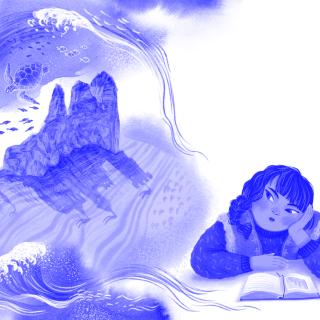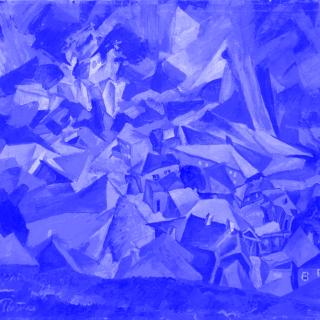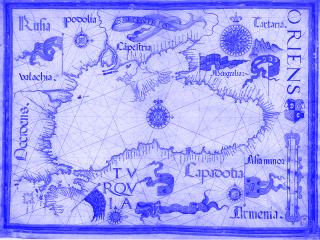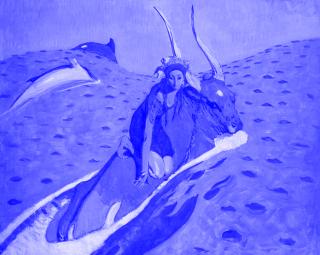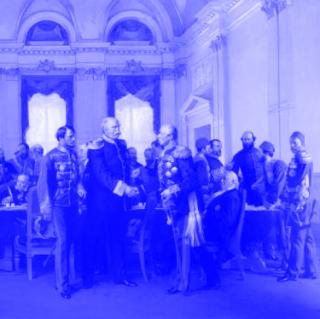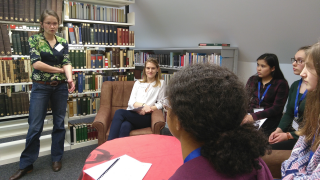
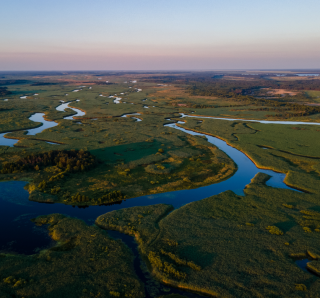
Winter semester 2024/25 | Mountains, Water and Nature between the Elbe and the Amur
The mountain and river landscapes of Central and Eastern Europe were subject to human pressure to change long before the Middle Ages. However, only since that time has there been the possibility, based on traditional texts, to link the motives and consequences of river straightening, drainage and resource depletion for the groups involved. The lecture series of the Leibniz Institute for the History and Culture of Eastern Europe (GWZO) will utilize selected examples to examine the impact of human activity on the transformation of nature, climate and landscape between the Elbe and the Amur.

Winter semester 2023/24 | “Children are the most grateful, the most intelligent, the most critical, the most discerning, the most open-minded, the most knowledgeable, in short, the ideal audience.” A panorama of children's and youth literature in Central and Eastern Europe
For its »ideal« audience, children's and youth literature from Eastern Europe is full of exciting stories, wonderful pictures, and likeable and mysterious characters. We warmly invite story-hungry readers, educators and teachers, parents as well as grandmas and grandpas who read aloud at bedtime as well as Leipzig residents and especially children who want to see a scientific institute from the inside to get involved here. In other words, we invite the most discerning readers to the 2023/24 lecture series at the GWZO: Six scientific lectures and two hands-on children's events, one about bees (November 2023) and one about an underwater fairy tale (February 2024).
Please register in advance to participate in the children's events.
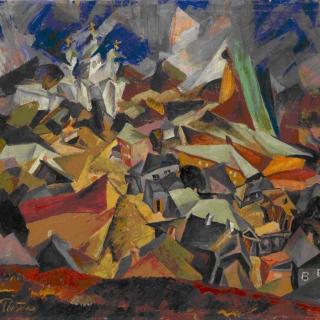
Summer Semester 2022–Winter Semester 2022/23 | Leipzig Lecture Series on the Literature, Culture and History of Ukraine
Since February 24, 2022, the Russian Federation has been waging an open war of aggression against Ukraine, aimed at the destruction of Ukrainian statehood. The lecture series presents talks on the history of today's Ukrainian territories, ranging from archaeology to contemporary history, each with a distinct focus. The speakers use wine consumption, grain, slaughter, music and monuments as a lens to introduce the complex history of the region. The lecture in the winter semester of 2022/23 is a continuation of the series begun in the summer semester.
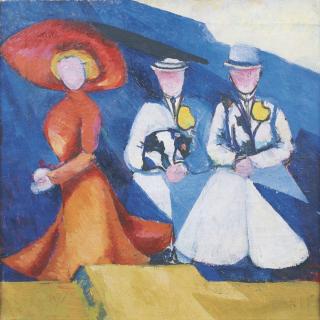
Summer term 2022 | Gender, Power, History: Perspectives from Central and Eastern Europe
The lecture series offers insights into the topics, achievements and potentials of gender studies in Central and Eastern Europe. The interdisciplinary and diverse contributions introduce students to different eras of women's and gender history, current discourses in masculinity research and queer studies, and linguistic debates.
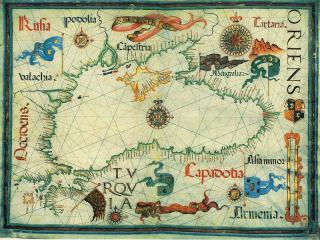
Summer term 2021 | People, Knowledge, Goods: The Black Sea Region as a Space of Cooperation and Conflict 1453–2014
From the conquest of the Byzantine capital Constantinople by Sultan Mehmed II in 1453 to the invasion, occupation, and annexation of the Crimean Peninsula by the Russian Federation in 2014, the Circum-Pontic area has remained an intensively used transit space for people, goods and knowledge. The lecture series takes a trans-Ottoman perspective to look at the Black Sea region's role as a conduit in the larger context of Russia, Iran, and Turkey or the Ottoman Empire.

Summer Semester 2019: New design, new building, new life - before, after and beyond Bauhaus
The lecture series takes the Bauhaus anniversary year as an opportunity to reflect on the paths and legacy of modernism. Our focus is less on the Bauhaus itself than on the diversity of developments during the period that aimed at a comprehensive renewal of design, construction and life. The focus is on the countries of Central and Eastern Europe and the people who built the »new life« there and elsewhere.
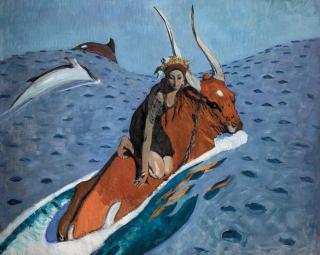
Summer term 2018 | Winners on the prowl or: Who owns art? Art and culture as spoils of war in the history of Central and Eastern Europe
Valuable art and cultural assets have always aroused desires. The victors considered their capture in war or war-like conditions to be a privilege, albeit one that was not uncontroversial. The lecture series aims to examine looted art over the centuries from the perspective of various disciplines, including history, art history, literature, archaeology, and legal history, thereby exploring different aspects of this socio-cultural phenomenon in Eastern Europe.
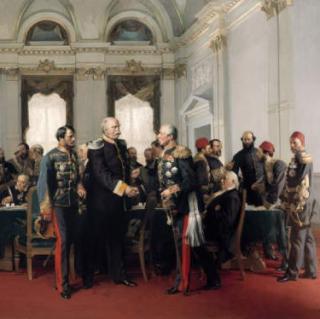
Summer Semester 2017: The Eastern Question and the Polish Question: Eastern Europe in the international relations of the »long« 19th century.
The lecture series addresses two nodes of conflict located in Eastern Europe, which threatened to destabilize the European peace order established by the Congress of Vienna in 1815, and, for the first time, explores the question of interdependency between these two problem areas.

